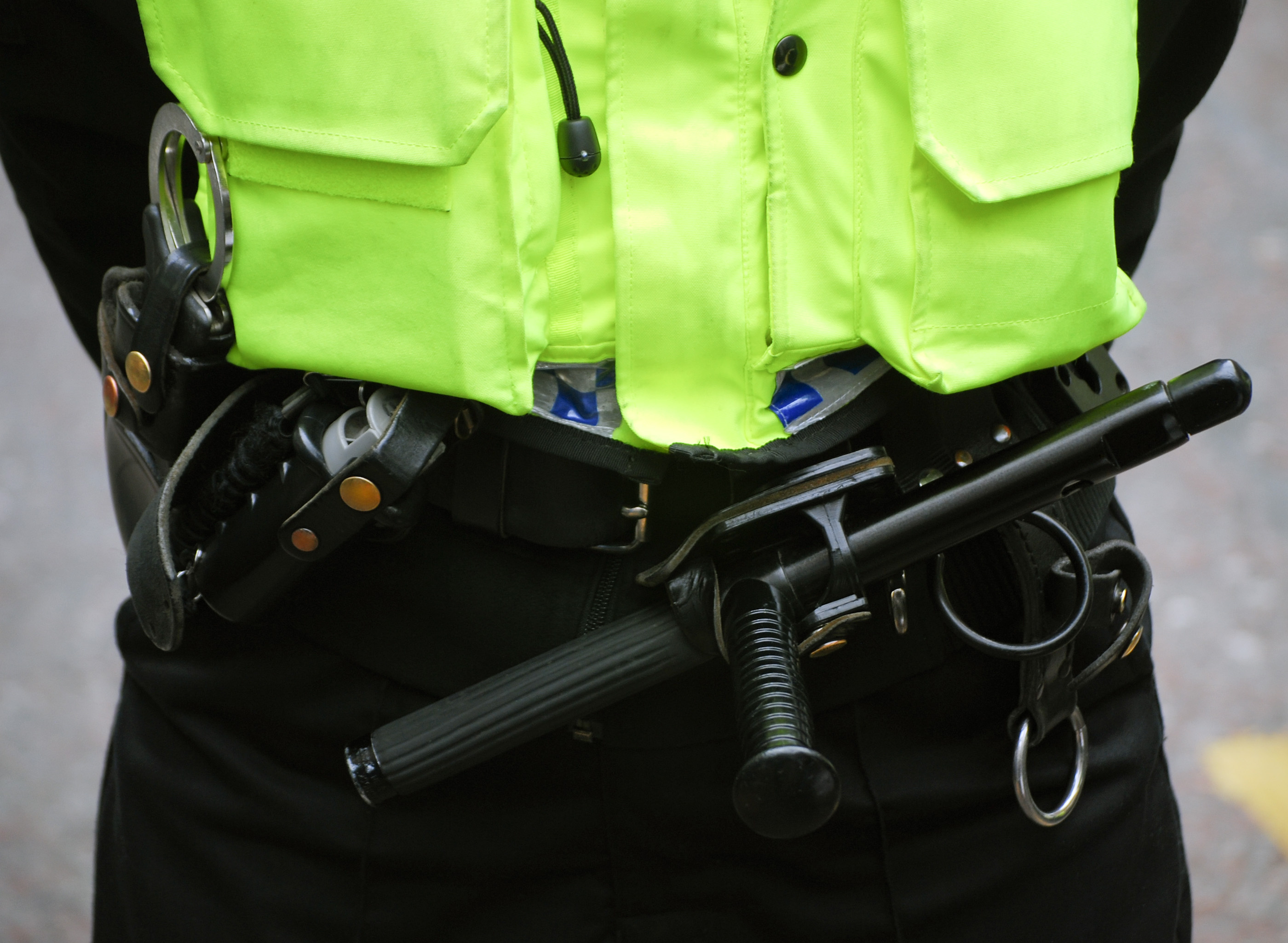
The public reaction to the outcome of the inquest into the shooting of Mark Duggan has highlighted the need for the police to improve their relationship with black and minority ethnic (BAME) communities.
One area of long running contention is the use of ‘stop and search’ powers by police – where police can stop and search people in public places for drugs, weapons, stolen goods or other potentially criminal items under certain circumstances. The Equality and Human Rights Commission (EHRC) has raised concerns that police use of stop and search powers may be “unlawful, disproportionate, discriminatory, and damaging to relations within and between communities” (EHRC, 2010).
This concern appears to be well founded. Statistics from the Ministry of Justice, and quoted by the EHRC, show that people from BAME communities are in fact being disproportionately subject to ‘stop and search’ by police. For example, in 2011/12, compared to white people, black people in England and Wales were at least six times more likely to be stopped and searched by police, and Asian people twice as likely (EHRC, 2013a; MoJ, 2012).
Young people too are being disproportionately targeted. In Scotland in 2010, 43 per cent of stop and searches were conducted on people aged between 15 and 20, despite detection rates being lower among younger age groups (SCCJR, 2014). Similar results have also been found in other areas of the UK (GLA, 2014).
The negative effect of stop and search on communities is well documented. Perceived injustices in the way in which stop and search powers are used can result in a loss of trust in, and co-operation with, the police (SCCJR, 2014). As far back as 1981, stop and search powers were found by the Scarman Report to be a leading cause of the Brixton riots, and more recently, to be a contributory factor in the 2011 riots in England (LSE, 2011).
Research on young people’s experiences of, and attitudes towards, stop and search has also highlighted the negative effect of perceived injustices. It has found that while the majority of young people are accepting of the need for stop and search to tackle crime, many feel discriminated against because of their age, race or the way that they dress. Young people also feel victimised by repeated stop and searches, and report that searches commonly leave them feeling inconvenienced, upset and embarrassed (OPM, 2013; Young Foundation, 2013).
So what is the way forward? At present, the Metropolitan Police are actively reducing the number of stop and searches conducted as part of their ‘StopIt’ programme (GLA, 2014), and this reduction has already been noticed by young people (OPM, 2013).
A number of recommendations have also been made in recent research reports, which include strengthening public confidence in stop and search data through improved recording of searches, publishing open access data on searches, holding individual officers to account for their use of stop and search, and involving young people in officers’ stop and search training (GLA, 2014; SCCJR, 2014).
Finally, follow-up research conducted by the EHRC in 2013 found that it was indeed possible to successfully reduce race disproportionality and/or the overall use of stop and search powers without impacting negatively on rates of recorded crime. The key steps taken towards this appeared to be: “setting targets for reduction, and for reducing negative drug searches; training in ‘reasonable grounds’ for, and proportionate use of, the power; steps to ensure intelligence-led practice rather than practice based on ‘hunches’ or generalisations about groups; micro-monitoring to identify local or individual racially skewed patterns and challenging them; and senior level commitment and leadership” (EHRC, 2013b).
Articles relevant to this blog (please note you must be a member to access these articles)
- Equality and Human Rights Commission (EHRC) (2010) Stop and think: a critical review of the use of stop and search powers in England and Wales (Manchester: Equality and Human Rights Commission)
- Equality and Human Rights Commission (EHRC) (2013a) Race disproportionality in stops and searches, 2011-12 (Manchester: Equality and Human Rights Commission)
- Equality and Human Rights Commission (2013b) Stop and think again: towards race equality in police PACE stop and search (Manchester: Equality and Human Rights Commission)
- Greater London Authority (GLA) (2014) Stop and search: an investigation of the Met’s new approach to stop and search (London: Greater London Authority)
- London School of Economics (LSE) (2011) Reading the riots: investigating England’s summer of disorder (London: London School of Economics)
- Ministry of Justice (2012) Statistics on race and the criminal justice system 2012 (London: Ministry of Justice)
- Office for Public Management (OPM) (2013) Research into young Londoner’s experiences and perceptions of stop and search (London: Office for Public Management)
- Scottish Centre for Crime and Justice Research (SCCJR) (2014) Stop and search in Scotland: an evaluation of police practice (Glasgow: Scottish Centre for Crime and Justice Research)
- Young Foundation (2013) Let’s talk about stop and search: bringing together students, the police and community members in Tottenham (London: Young Foundation)
Share
Related Posts
By Hollie Wilson One of the biggest stories earlier this summer was the revelation by long-distance runner Sir Mo Farah that he was trafficked from his home in East Africa at the age of nine. In a BBC documentary, he ....
Instances of reported violence and misogyny against women and girls are rising. The high profile murders of Zara Aleena, Sarah Everard, Bibaa Henry, Nicole Smallman, Maria Rawlings, Sabina Nessa and Ashling Murphy have again raised questions about what can be ....
The World Health Organisation (WHO) has estimated that over 1 billion people are living with some form of disability worldwide – that’s about 15% of the world’s total population. And, with trends in life expectancy and the prevalence of chronic ....
A recent survey by the Royal Town Planning Institute (RTPI) in July 2021 aimed to gauge UK public awareness of the planning profession. The results suggested a significant disconnect between the public perception of planning, the scope of professions in ....
